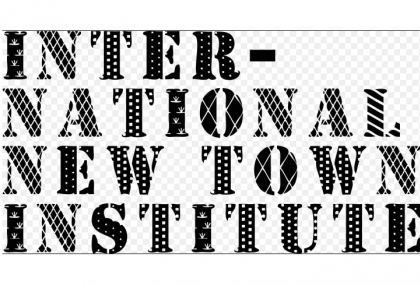
To tackle the fast urbanization taking place in Africa, many countries are constructing so-called 'New Towns': large cities constructed from scratch, to accommodate the growing amount of citizens in an urban area. The International New Town Institute (INTI) noted a significant increase of New Towns in Africa and refers to it as a 'second wave of New Towns', after the first wave of construction which took place in Western Europe in the period 1950-1970.
Different location, similar challenges
According to the INTI, New Towns often have the same characteristics and challenges, regardless of their geographical location. They share the same DNA: they are built according to a master plan, from scratch on a location where previously there was no city, and they have a high degree of political autonomy. Common challenges include a uniform demography and housing stock, which in turn lead to a lack of diversity, identity and educational and cultural facilities. To facilitate exchange of knowledge between the New Towns, INTI holds a database of all New Towns. Recently, 200 New Towns based in Africa were added to this database, making it more complete and showcasing once more that Africa is no longer a rural continent.
African urbanization calls for action
In fact, the UN estimates a tripling of the urban population in Africa by 2050. Generally, cities do not have the capacity to accommodate this increase of population which leads to self-constructed settlements, often in a bad condition. The only planned urbanization in Africa so far has been focused on attracting economic activities and on accommodating middle classes. Based on this gathered knowledge, INTI underlines the importance of moving away from regarding the African city as a commercial development only, towards more inclusive city planning, which supports all citizens. Both nation states and the international community are called upon to approach city planning in this way, to avoid ad hoc constructions which become disadvantageous in the long term.
Source: International New Town Institute
